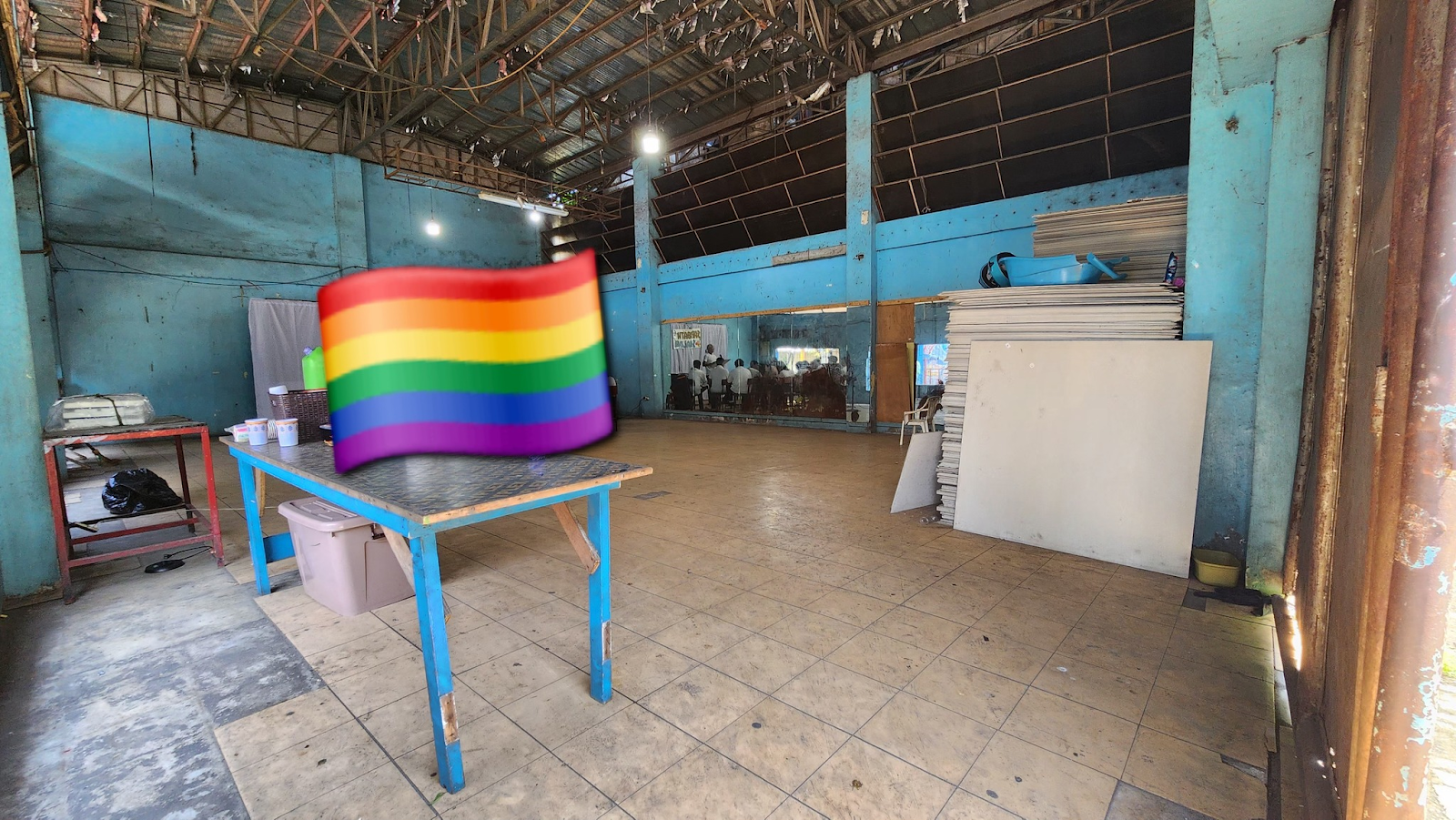Partido Manggagawa (PM) strongly condemns the illegal capture of hundreds of international activists from the Global Sumud Flotilla by Israeli naval forces. This is not just a violation of international law but proof of how the apartheid regime of Israel uses violence to defend its interests, crush solidarity, and enforce a genocidal blockade on Palestinians in Gaza.
The
flotilla was a peaceful mission—carrying food and medicine as a symbolic
humanitarian aid. Its interception in international waters shows how Israel
acts as a fortress for global capital, keeping Palestinians oppressed and
starved. The activists’ action directly challenges the siege and exposes the
governments that continue to fund, trade with, or protect Israel while
pretending to show “concern.”
The
famine in Gaza is not an accident but an outcome of a deliberate human-made
crisis and entangled with the genocide by Israel with complicity by the world’s
imperialist powers. Governments enable this through arms sales, trade, and
silence. The flotilla has inspired solidarity. It is proof that people can
resist and refuse this system of oppression.
Workers
and unions show the real alternative. Dockworkers in Genoa threatened to block
all of Europe if contact with the flotilla was lost, saying not a single nail
would be shipped to Israel. Italy’s general strike for Gaza shows that
organized labor has the power to disrupt the capitalist war machine and stand
with the oppressed.
The
flotilla’s greatest value is political—it breaks through the media and
political shield protecting Israel and shows that the fight for Palestine is a
fight for humanity itself. The activists—workers, socialists, and people from
over 44 countries—represent a growing international resistance.
With
the backing of imperialist powers, Israel has once again shown its contempt for
life and solidarity. Our task is to build people’s power and resistance—in
workplaces, unions, and communities—to break not only the blockade on Gaza but
the system that sustains it.
In
line with anti-capitalist internationalism, PM demands:
§
The immediate release of all flotilla participants.
§
The lifting of the blockade on Gaza.
§
An end to all complicity by governments.
We call on workers and unions to block arms shipments and call on their governments to cut economic ties with Israel. Together we cooperate to build of a mass movement that links Palestinian liberation with the global struggle against capitalism, exploitation, and genocide.


















